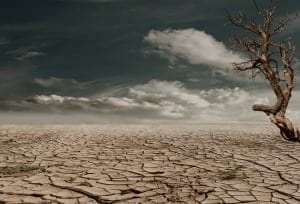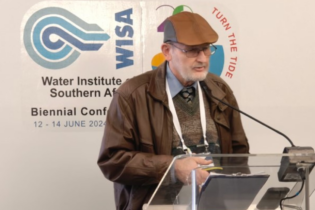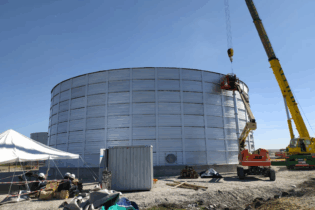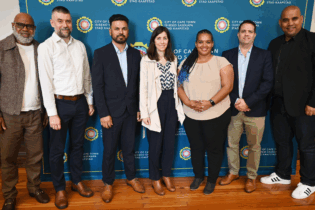 The City of Cape Town’s efforts to mitigate the impacts of the current drought in Cape Town will be boosted by R20.8 million.
The City of Cape Town’s efforts to mitigate the impacts of the current drought in Cape Town will be boosted by R20.8 million.
Water Resilience Strategy
De Lille said the incoming grant from the disaster management centre will go a long way towards the implementation of the programmes that are in place as part the city’s Water Resilience Strategy. Earlier this month the City of Cape Town unveiled its plans to augment the system by up to 500 million litres of water a day over the coming months using groundwater extraction, desalination, and water reuse. The projects will cost Cape Town approximately R2 billion in capital funding and R1.3 billion in operating costs. A number of tenders will be advertised in the coming weeks to bring a range schemes online which will ensure water supply and avoid acute water shortages. “The city’s Water Resilience Plan has been developed based on the ‘new normal’ scenario where we no longer bank only on rain water for our drinking water supplies, but look at a range of technologies to augment our supply of drinking water in order to build greater water security,” said De Lille.





